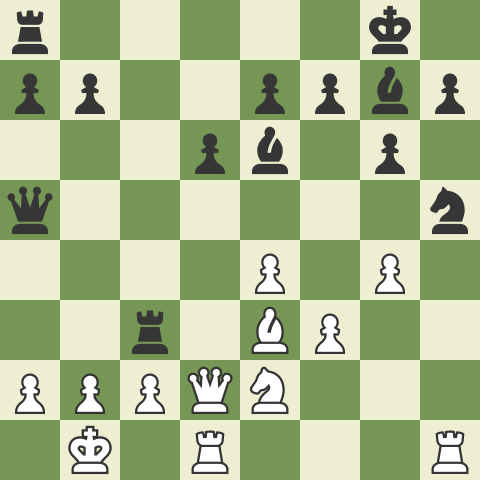In your effort to improve in chess, how much time do you spend study? 3 hours? Four? Or perhaps chess improvement training has turned to a ‘full time job’ for you and you are now spending 8 hours a day?
Whatever your answer, let me ask you: How much time do you devote to ACTUALLY play the Chess variants app and apply what you have learned from your chess training? How many slow games do you play in a month or in a year to improve in chess?
Unfortunately, for many amateur, the answer is: “Well, I haven’t considered that at all. I’ll play when the opportunity presents itself.”
Or they would say: “Why play slow games when the are internet chess playing sites where I can play blitz?”
“Today’s players, especially internet denizens, think that 30 minutes is a really long game!” said National Chess Master Dan Heisman. Well, guess what: 30 minutes a game is a quick speed for a chess game…NOT slow enough for you to apply what you have learned and play “Real Chess” (as Dan would put it).
Take a look at the masters of today: Carlsen, Anand, Kramnik, Wesley So – they did NOT get better playing blitz all year ’round. Matter of fact, the chess tournaments they compete in have time controls that could span 7 hours a game!
Now, I’m not saying that you should play that long. 7 hours for a chess game is REALLY challenging and tiring. What I’m trying to point out, though, is that, if you want to improve in chess significantly, a good dose of slow games to implement what you have learned in your chess training is a MUST!
There are 2 faces to chess improvement – theory and practice. The theory part includes watching chess video lessons and courses, reading opening manuals, solving tactics through ChessBase, etc. Practice, well, as it suggests this is where you apply everything that you have learned (or at least most of it) – and that is by playing chess games with slow time controls.
Like you, I’m one of those who were lured into the convenience and excitement of speed chess in the internet. Guess what: after years of playing and training, I still play like a patzer in tournaments with slower time controls (G/90 or slower). I hang pieces, open myself to double attacks, leave a piece en prise, etc. It’s like I haven’t learned anything at all.
Just last year, I decided I’m going to play chess games with slow time controls REGULARLY – at least twice a week. For this year, one of my long term chess improvement goals is to play 100 G/90 (or slower) chess games.
Get this: within the first couple of long and slow games I have played, I can already see SIGNIFICANT progress. I make sure all of my moves have a purpose. I’m pretty much aware enough if a tactic presents itself…sometimes before the opportunity arises I can already see possible tactics. This enables me to win more and lose less.
In simpler terms, I am improving in chess!
That is the power of consistent practice. Now, I’m not saying abandon your chess training program or regiment. No, far from it. Theory and practice – remember, you will NOT improve in chess if you are going to omit any of the two from the equation.
What I’m saying is that make it a part of your weekly routine to play a slow chess game. Perhaps you can…
(1) Go to a local chess club and play in tournaments with slow time controls. This gives you a REALLY concentrated dose of serious games where you need to bring out everything you’ve got. Nobody there is going to roll over and die. You have to fight for the point.
(2) If that doesn’t quite work out due to location or personal schedule, there are leagues in ICC, Playchess Server, and other chess playing sites that encourage slow games instead of blitz. They hold online tournaments as well. Why don’t you consider joining?
Chess improvement doesn’t have to be a FULL time job!
BUT you need to focus on parts and aspects of the game that will give you the best value for your time to improve in chess significantly. Playing long and slow games and practicing consistently is one of them.
